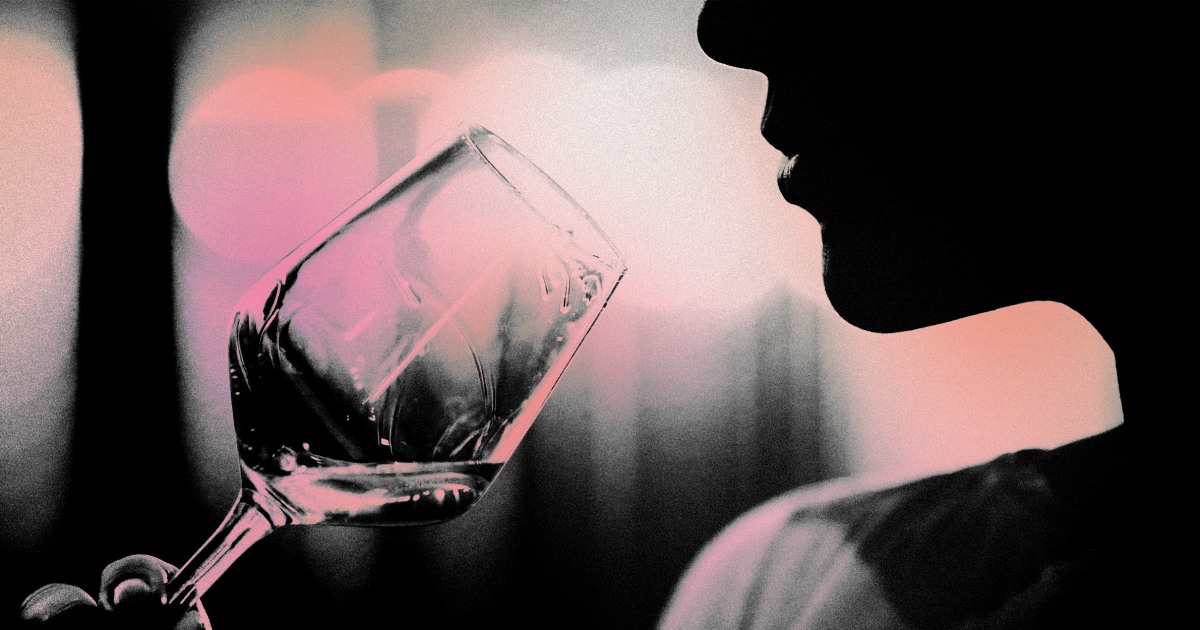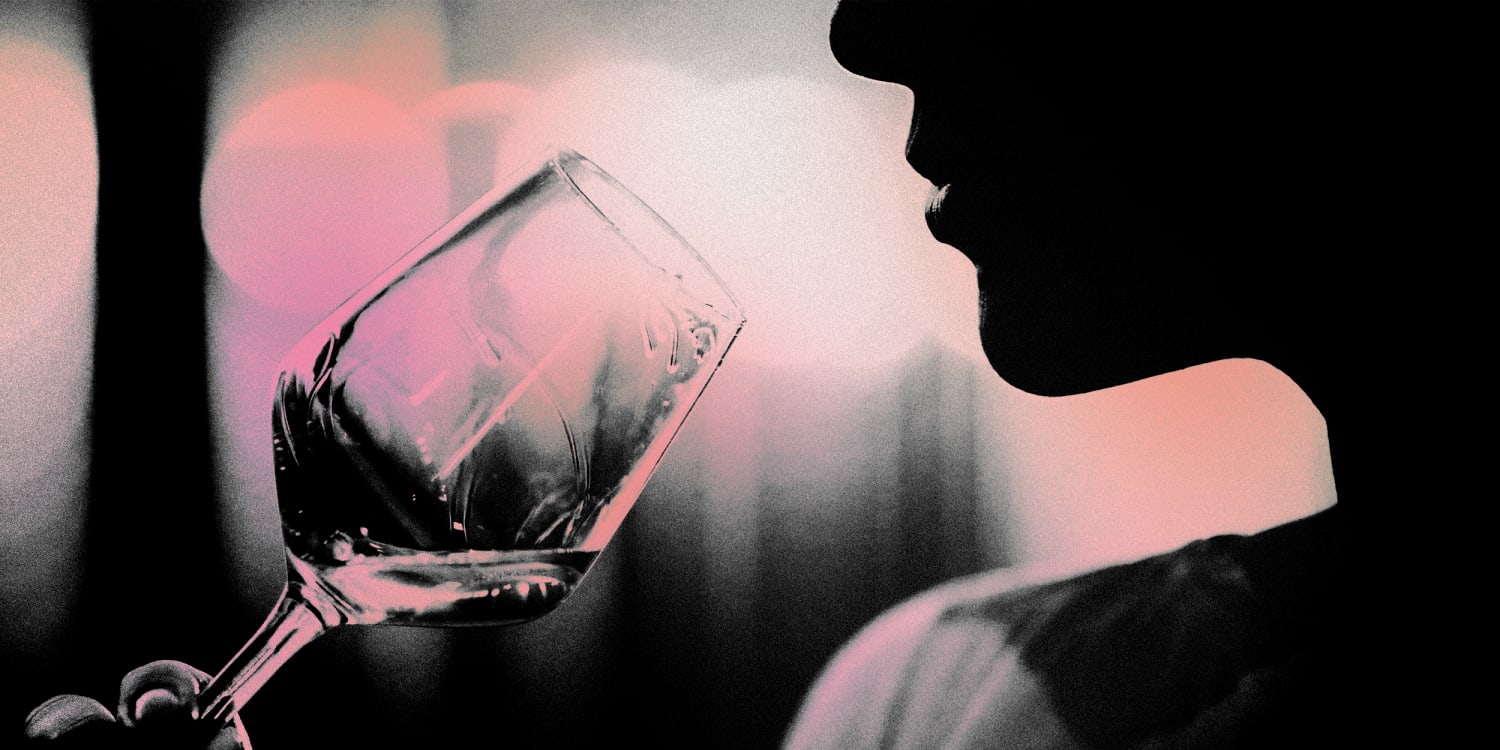
Is alcohol having a #MeToo moment?
Director Emerald Fennell’s debut feature, “A Promising Young Woman,” centers on medical school-dropout Cassie, played by Carey Mulligan, as she takes revenge on men who prey on inebriated women at bars. Flipping the script on our often alcohol-fueled rape culture, Cassie pretends to be plastered on her nightly missions to see how many “nice guys” try to take advantage of her. A disturbingly high number do. One by one, they receive her dead-sober message: You made a really bad call, bro.
A growing list of authors, bloggers, groups and celebrities are promoting as a feminist act anything from total abstinence to getting “sober curious” to “mindful drinking.”
Fennell’s film, now receiving Oscar-buzz, is the latest sign of a new form of female empowerment with a sober face. A growing list of authors, bloggers, groups and celebrities are promoting as a feminist act anything from total abstinence to getting “sober curious” to “mindful drinking.” What connects them is a sense that, when it comes to booze, women have gotten the short end of the straw.
The movement is gaining momentum just as the latest statistics tell a scary story: American women are hitting the bottle at increasing rates and reporting more alcohol-related problems and illnesses.
Before Covid-19, the picture was already concerning. From 2001 to 2013, the rate of alcohol use among women, U.S. government research shows, climbed 16 percent. The number who put away four or more drinks a day on a weekly basis leapt to 58 percent.
Now, with women scrambling amid the added pandemic stress to juggle jobs, care work and parenting, their binge drinking has increased a stunning 41 percent, according to a study conducted by the Rand Corporation. During the spring and early summer, the study found women consumed alcohol more frequently compared to men (an increase of 17 percent versus 14 percent), drank more heavily and suffered more booze-related troubles including accidents, poor health and unravelling relationships. Alcohol addiction specialists are seeing a jump in new and relapsed patients, prevalent among them: women who have had to shift jobs and careers to become primary caregivers due to the pandemic.
Despite these alarming numbers, women’s pushback against alcohol is growing stronger, too.
The reality of women and booze has never been pretty. On average, we get drunk faster on less and on average we are more likely to binge drink more when we are teens.
Despite these alarming numbers, women’s pushback against alcohol is growing stronger, too.
Our hearts are damaged at lower levels of drinking than men and over less time, our livers suffer more and we develop greater brain shrinkage. If that weren’t enough, women are at a far greater risk of sexual violence when booze is involved. In fact, law enforcement officials say alcohol is the most common rape drug — and even more dangerous because it is socially acceptable. (This is by no means to say women who drink are “asking” to be assaulted. And instead of teaching guys that consent can’t be obtained from a person who is incapacitated, society still falsely blames women for drinking and thus “inviting” assault.)
“A Promising Young Woman” highlights this ugly truth. Cassie seeks revenge on men who violate overserved women because her best friend committed suicide after being sexual assaulted by fellow students at a boozed-up party. In this movie, patriarchy is the pernicious societal structure, but booze is the lubricant of the violence — allowing men and bystanders to claim innocence and instead blame women for their own victimization. Cassie’s agency comes by taking on her mission to shake things up with steely-eyed sobriety.
The movie reflects a powerful social shift. After decades of thinking that alcohol liberated them, increasing numbers of women are wondering if it actually created new prisons. Many date this to 2016, when former Amazon employee Kristi Coulter posted a viral essay on how the tech industry’s bro culture pressures women to drink. The resulting rising chorus has cited America’s sexist society as a driving force in decisions to stop drinking.
The #MeToo movement has also proved a powerful influence, as it shined a light on the prevalence of alcohol-soaked sexual harassment and assault. (Who can forget the image of a young beer-guzzling Brett Kavanaugh painted in Christine Blasey Ford’s Senate testimony?) This has also pushed more women to explore sobriety from a feminist stance.
Influencers are cancelling alcohol on social media and naming feminism as their inspiration. Model and cookbook author Chrissy Teigen recently shared that she stopped drinking after reading Holly Whitaker’s 2019 manifesto, “Quit Like a Woman: The Radical Choice to Not Drink in a Culture Obsessed With Alcohol.”
For women like Teigen and Whitaker, raising a fist against the patriarchy means not raising a glass. Getting sober is more a celebratory lifestyle than a shaming trip to a dry-out facility.
In her book, Whitaker makes a telling point about Alcoholics Anonymous (AA). When trying to give up booze, she decided that the program — first developed by and for affluent white men — didn’t resonate with her experience.
She notes that men with issues related to grandiosity can benefit from focusing on surrender and humility, but women and people from other marginalized and oppressed groups aren’t really drinking because they are entitled. Many drink because they never have been.
From this angle, AA’s telling them to apologize to the world and pretending that their socio-economic context is the same as that of straight white guys may actually do more harm than good. They don’t need to be anonymous. They need to be seen and heard.
Whitaker decided to create a sobriety program especially geared toward women and minorities. This and other programs aimed at the female drinker tend to emphasize things like enhancing self-worth, agency and finding an authentic, assertive voice rather than cutting yourself down to size.
The new push for female-centric sobriety sharply reverses historical trends of the last century. During the mid-1800s, women fed up with getting clobbered and having the family budget pissed away by drunken husbands called for total bans on alcohol. But things shifted over the 1920s, when liberated flappers took up cocktails, and smoking, as an act of rebellion. For many, Prohibition was the first time they were welcomed to drink with men. Some, such as Texas Guinan, who greeted patrons with her trademark “Hello, Suckers!,” ran speakeasies and even bootlegging operations.
By decade’s close, New York socialite Pauline Morton Sabin was organizing women to vote for Democratic candidate Franklin D. Roosevelt in the 1932 presidential election because he favored repealing Prohibition. Women sought a seat at the bar — and they got it.
A generation of women grew up imbibing ideals of wine-soaked female bonding on programs like “Sex and the City” and the whiskey-drinking “bro-girl.”
For most of the 20th century, the alcohol industry still focused advertisements on men. But that began to change by the 1990s, as ads targeted women using tactics honed by Big Tobacco, which primed female smokers with empowering “You’ve come a long way, baby” slogans. Sellers of booze began using pink color schemes in their “femvertising,” and linking drinking to female assertiveness.
Pop culture picked up these themes. A generation of women grew up imbibing ideals of wine-soaked female bonding on programs like “Sex and the City” and the whiskey-drinking, badass “bro-girl.” Today, Scotch brand Johnnie Walker serves up “Jane Walker,” a female version of the company’s iconic Striding Man logo, with a you-go-girl cheer: “We are proud to toast the many achievements of women and everyone on the journey towards progress in gender equality.”
Yet women seeking mastery of their lives may find that the bottle holds them back. The potential benefits of ditching the drink are compelling, too. A recent Canadian study shows that women who stop drinking improve their mental health. They may also reduce their risk of breast cancer and enjoy better sleep, more energy and even weight loss. They can expect a healthier immune system and a chance to develop more robust coping mechanisms for stress.
Best of all, by shifting their relationship to alcohol, women can redefine who they are in a patriarchal culture than tells them they have to drink to be themselves.
Source: | This article originally belongs to Nbcnews.com










